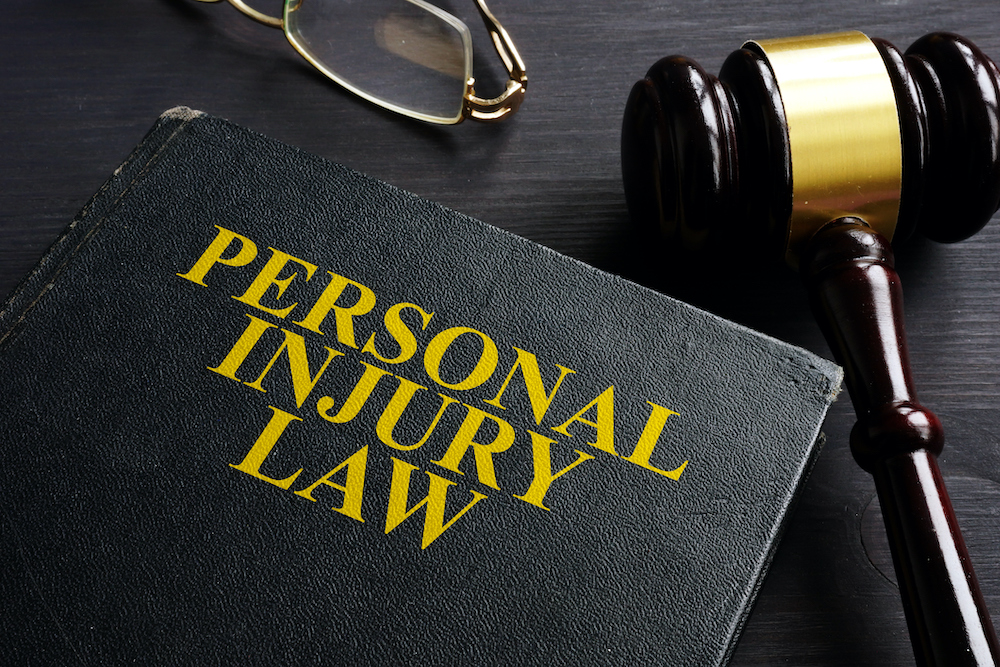
Whether you choose Chapter 7 or Chapter 11 could mean the difference between keeping some of your property or truly losing everything. To find the best lawyer in Corpus Christi to help you make the right decision, visit 101corpuschristi.com/LEGAL.
When considering your options for debt relief as an individual, Chapters 7 and 13 in the bankruptcy law could be your two best bets. To get started, however, you are going to need a lawyer, and you're going to need to understand the difference between these two most common bankruptcy types.
Chapter 7
Chapter 7 laws in Texas offer strong property protections. It is often the best option for someone with unsecured debt such as credit cards, medical bills, personal loans or payday loans. These kind of debts can be discharged with a Chapter 7 filing. Some debts, such as those for child support and most school loans and taxes, are not dischargeable. In Texas, under Chapter 7 exemptions, your exempt property cannot be sold to cover your debts. Your home, one car, and up to $60,000 worth of personal property per family are completely exempt, although to keep such items if money is owed on them will require you to make payments even after discharge.
Chapter 13
Chapter 13 allows for re-organization of your debt so that all or part of the debt can be paid off from future income. This chapter has even more broad property protections. If you have a steady regular source of income, this could be your best option. Chapter 13 reorganizes your finances to stop collectors from harassing you while you work to legally reorder and reduce your debt. Typically, the payment plan is between three and five years.
Texas State exemptions
Texas law determines what you get to keep when you file a Chapter 7 bankruptcy. In a Chapter 13 bankruptcy, it determines how much you repay unsecured creditors. Federal law also has its own exemptions. You can choose whether you want to file using Texas exemptions or Federal exemptions, but you can't mix and match them. It's one or the other.
Here's a look at some of the Texas State law exemptions when filing for bankruptcy. You'll need an attorney with experience in bankruptcy law to help decide the best way to proceed.
Homestead is limited to:
• 200 acres for rural family homesteads
• 100 acres for a single rural homestead
• 10 acres for anyone in an urban area
Personal property exemptions include:
• up to $60,000 worth of any family property, including car
• up to $30,000, including car, for an individual
• 100 percent of certain health aids and religious books



